Are We Taking Nostalgia Culture Too Far?
Don’t get me wrong, I’m a sucker for nostalgia. Look no further than the fact that I drop everything I’m doing whenever I see a “Harry Potter” marathon.
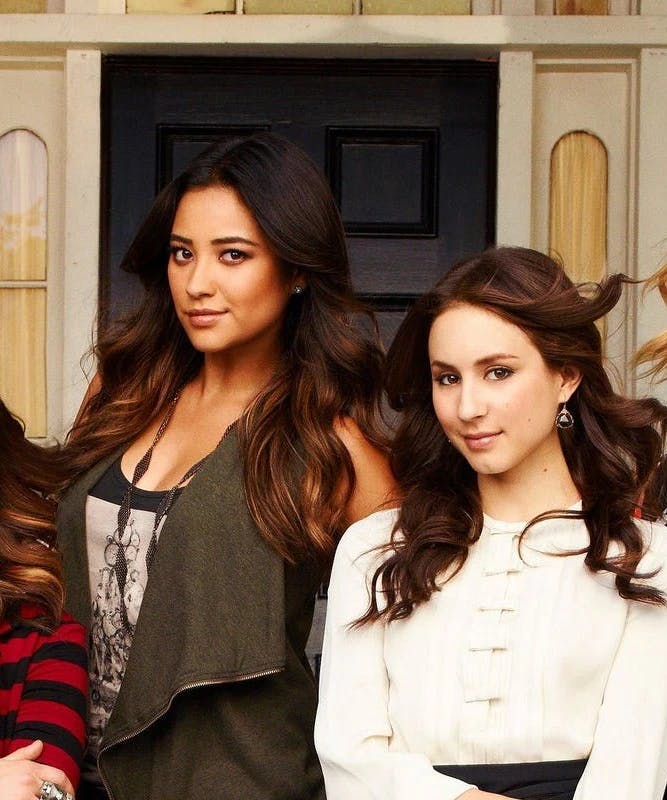
Nostalgia culture is fun, but sometimes it goes too far with unnecessary remakes, forgetting that some shows and movies are products of their time, and that the majority of remakes and reboots fail to live up to expectations.
Unnecessary Remakes
HBO Max is launching reboots of teen dramas Gossip Girl and Pretty Little Liars. This seems odd for a few reasons, mainly that both shows ended less than ten years ago (Gossip Girl ended in 2012 and Pretty Little Liars ended in 2017), and both reboots will take place without the original characters. The new characters in the Gossip Girl reboot are supposed to explore gossip in the social media age, which seems unnecessary because half of the fun of the show was figuring out Gossip Girl’s identity. You could probably figure out who she (or he, because Dan Humphrey is Gossip Girl) is with simple social media stalking. What’s the fun in that?
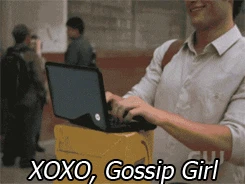
It doesn’t make sense. Fans of the original series would want to tune in for the nostalgic aspect, but there isn’t much nostalgia if the original characters aren’t there. Most fans of the two original shows would probably love to see something 20 years down the line when the characters are older (Who doesn’t want to see how Chuck and Blair’s son turns out?), but there’s no point in scrapping the original characters and then sticking the old name on it.
Some Shows and Movies Are Products of Their Time
Think about Mean Girls for a second. With the rise of social media and cyberbullying, the movie would be completely different if remade today. There would likely be no Burn Book, and Regina would look up Kalteen bars on her iPhone to discover they make her gain weight, ruining the hilarious gag that causes her to snap and release the pages of the Burn Book.
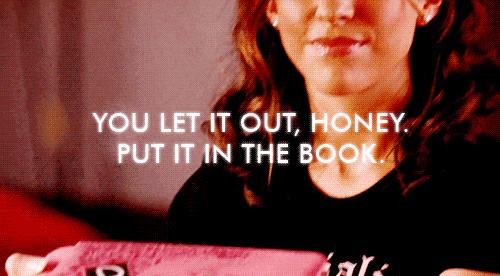
This is proof that some movies and tv shows are products of their time. Think of classic TV shows like Seinfeld, Friends, and The Office. None of these shows would be as funny if they aired today, and many would consider the humor “problematic.” From the "soup nazi" joke in Seinfeld, to the majority of the jokes on Friends, to how the majority of the characters on The Office aren’t saints (I’d argue that there isn’t a single episode without a serious HR violation, which is what makes it so funny, but I digress), everything needs to be held to 2020’s woke standards.
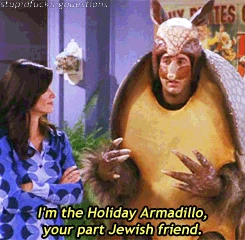
Our favorite shows and movies are products of their time, and that’s what makes them great. Remaking or rebooting them would erase the magic of the original product.
Why Are So Many Remakes Bad?
Whenever I watch a remake of something (especially Disney live-action remakes), I remind myself that there’s little to no chance that it will compare to the original. I do this to prevent myself from being completely disappointed with everything, but it also goes to show that the majority of remakes aren’t very good.
This leads many remakes and reboots to be polarizing between those who watch for the nostalgia factor, and those who watch to see something new added to their old favorites. The perfect example of this is the Star Wars sequel series.
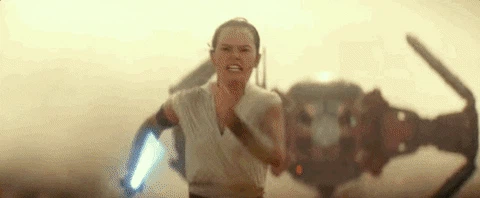
The Star Wars sequel series tried to blend new material with nostalgia and failed.
The first installment in the series, The Force Awakens, portrayed Rey (Daisy Ridley), Finn (John Boyega), and Poe (Oscar Isaac) to be the successors to Leia, Luke, and Han, the dynamic trio in the original series. The second installment in the series, The Last Jedi, completely shattered this narrative. There was plenty of fan vs. critic controversy over The Last Jedi with a 90% rating from critics and a 43% rating from audiences. Though it can be argued that many of the harsh criticisms came from trolls, the second installment of the series relied on focusing on social issues like feminism over nostalgia.
I don’t have a problem with movies focusing on social issues, but I went into the Star Wars sequel series hoping for a nostalgia kick. I grew up watching the original series (Princess Leia will forever be my favorite) and was hopeful that Rey, Finn, and Poe, would be the next dynamic trio. I couldn’t help but be disappointed when it didn’t turn out that way, and the writers missed a chance of further developing Finn and Poe, who had the potential to be such strong and complex characters.
Disney alienated nostalgic fans and wasted a chance to recreate the trio everybody knows and loves.
Disney failed to provide fans with strong characters in Finn and Poe. Finn’s character began promisingly as an ex-stormtrooper who joined the Resistance, but he was cast aside. While we don’t know what motivated producers to cast his character aside, we do know that it made both fans and Boyega angry. It’s truly unfortunate because Boyega is a talented actor and seems like an all-around nice guy. It’s clear that Disney tried to have the best of both worlds by adding something new while relying on nostalgia, but they alienated nostalgic fans and wasted a chance to recreate the trio everybody knows and loves.
Closing Thoughts
It’s possible for a remake to embrace the nostalgia factor and add something new to the story (Disney’s live-action version of Cinderella is a perfect example), but it’s much easier said than done. Nostalgia culture can be fun, but when it comes to rebooting shows that just ended with a new cast, applying woke standards to older shows, or alienating fans, it has clearly gone too far.